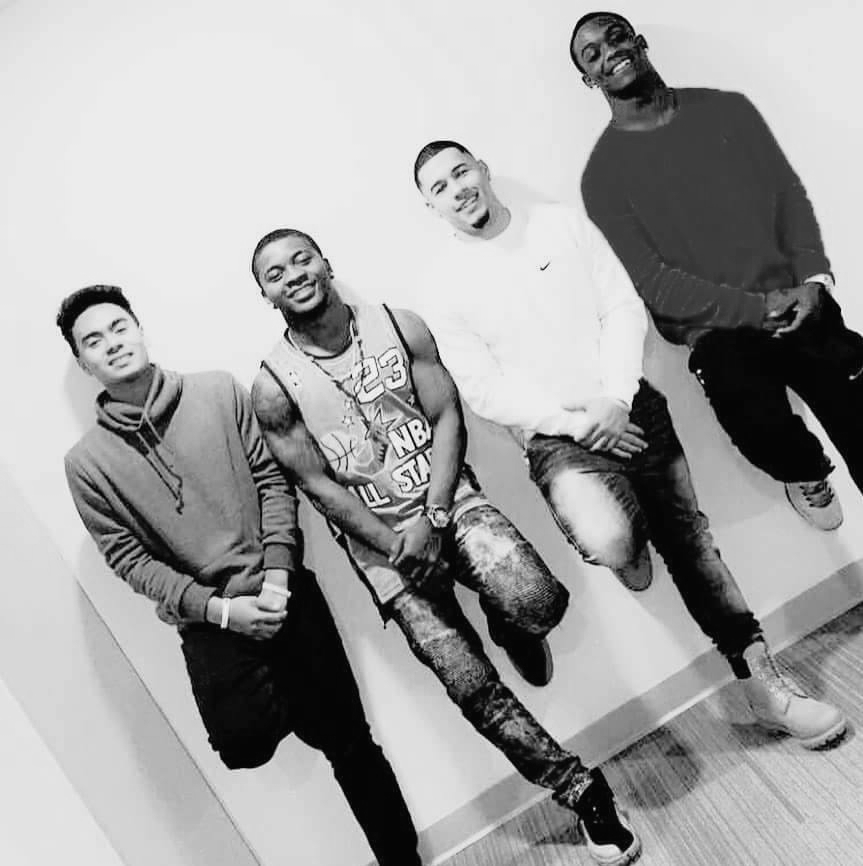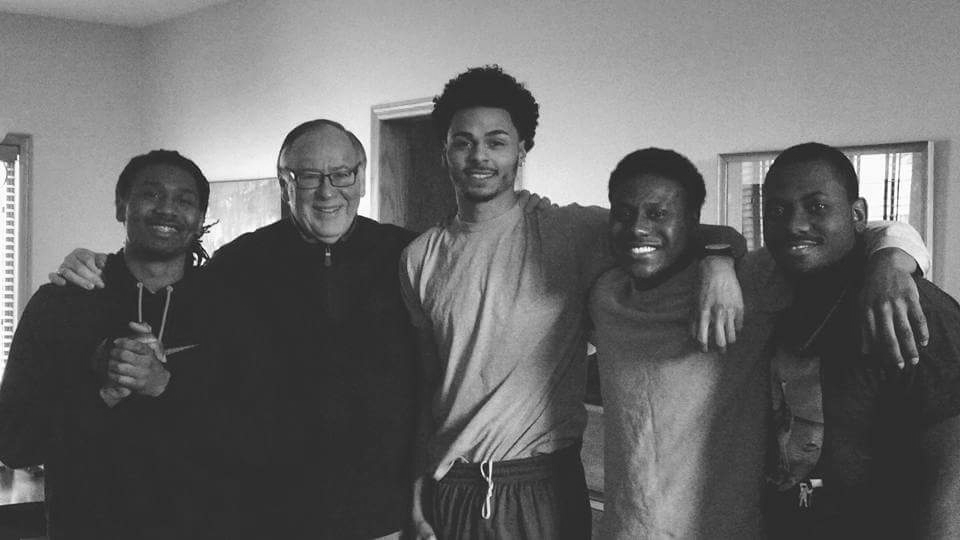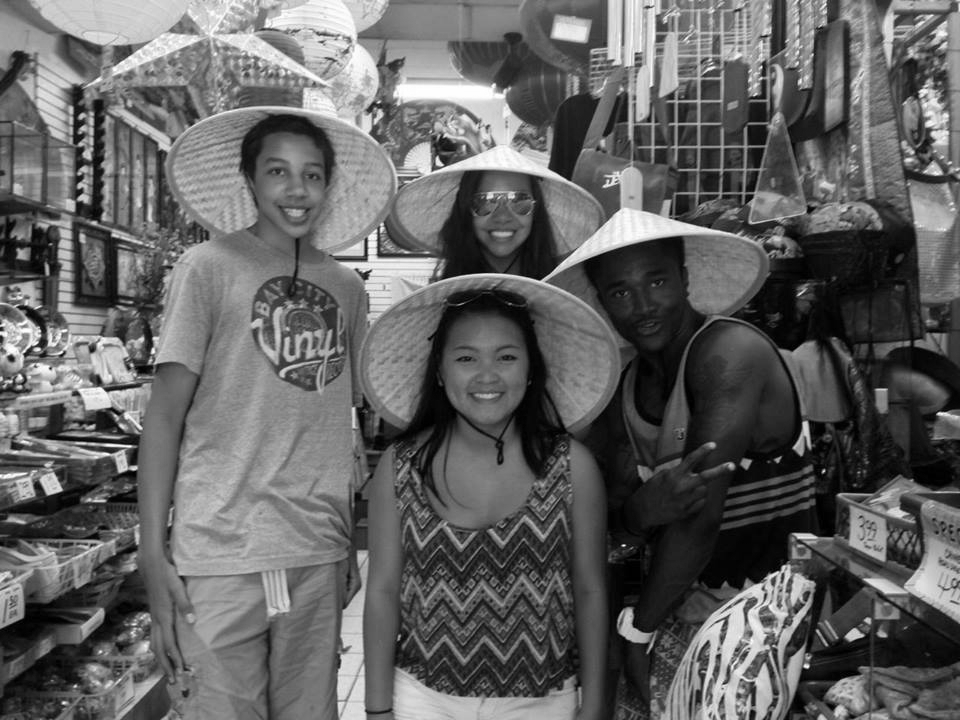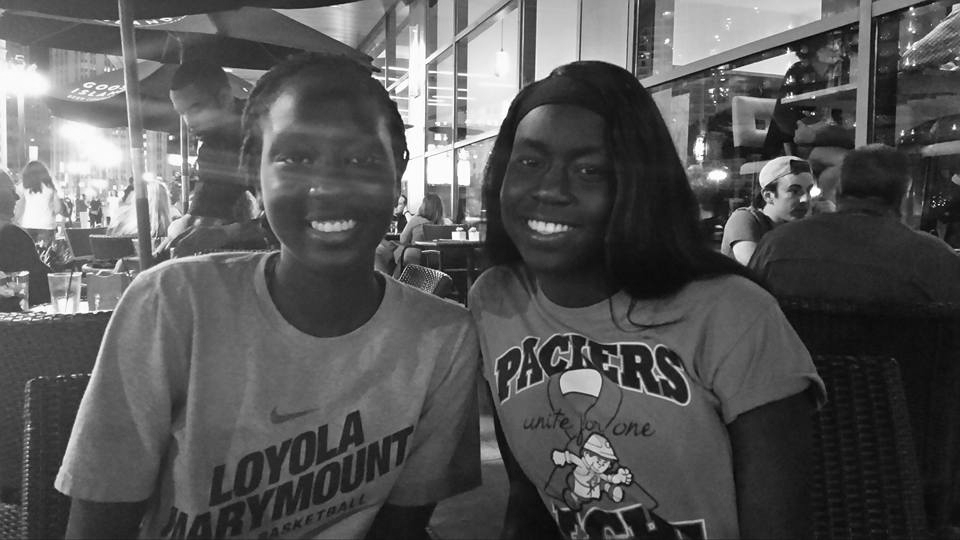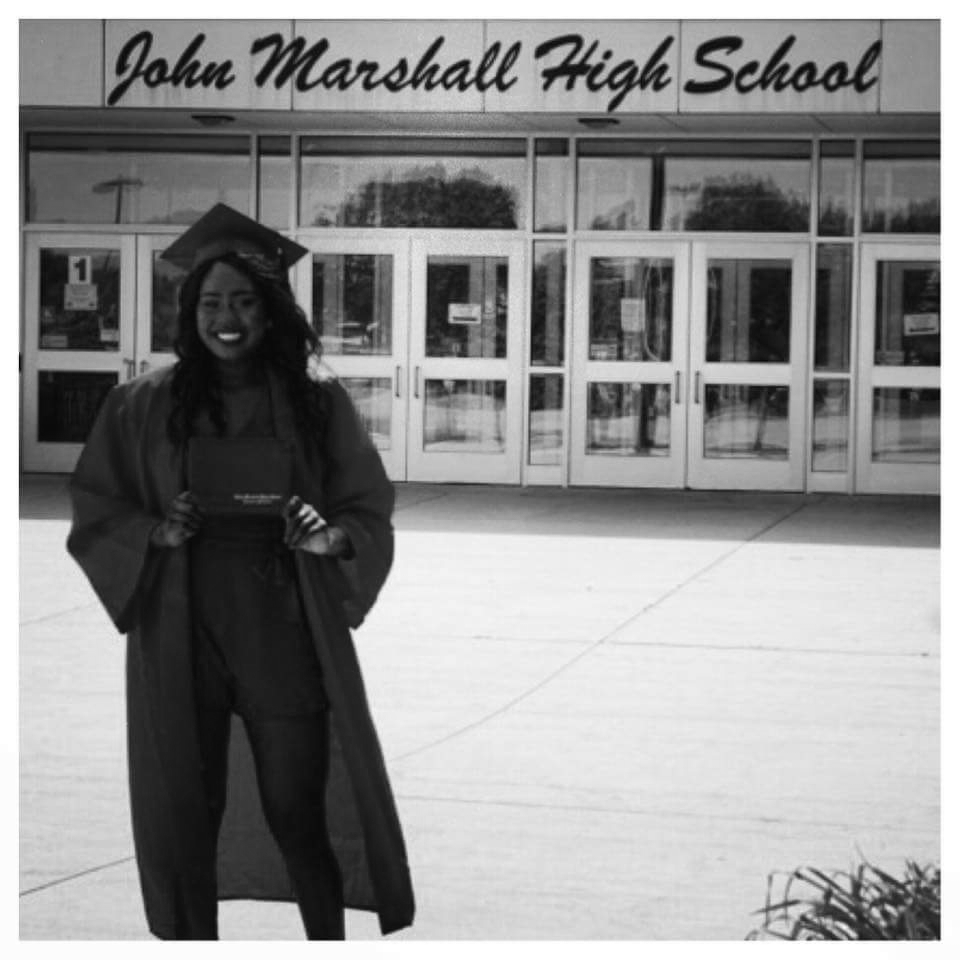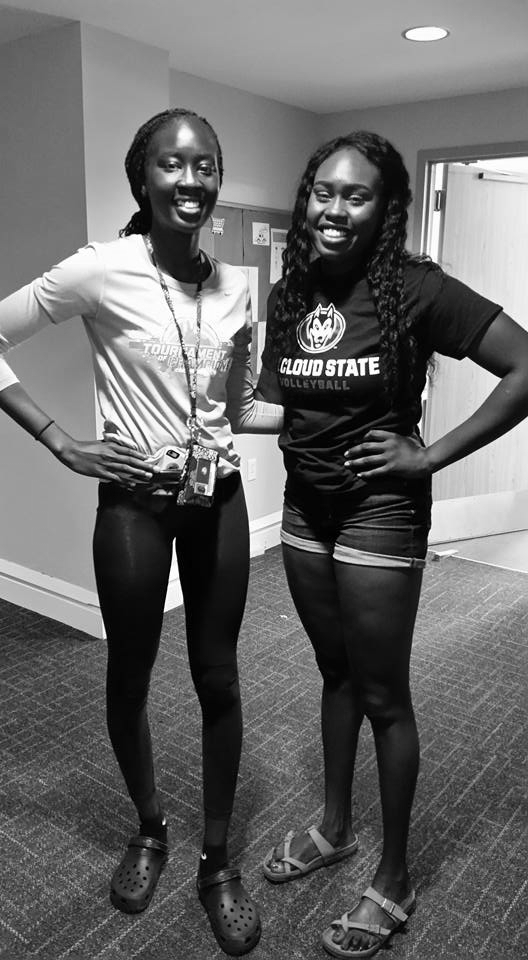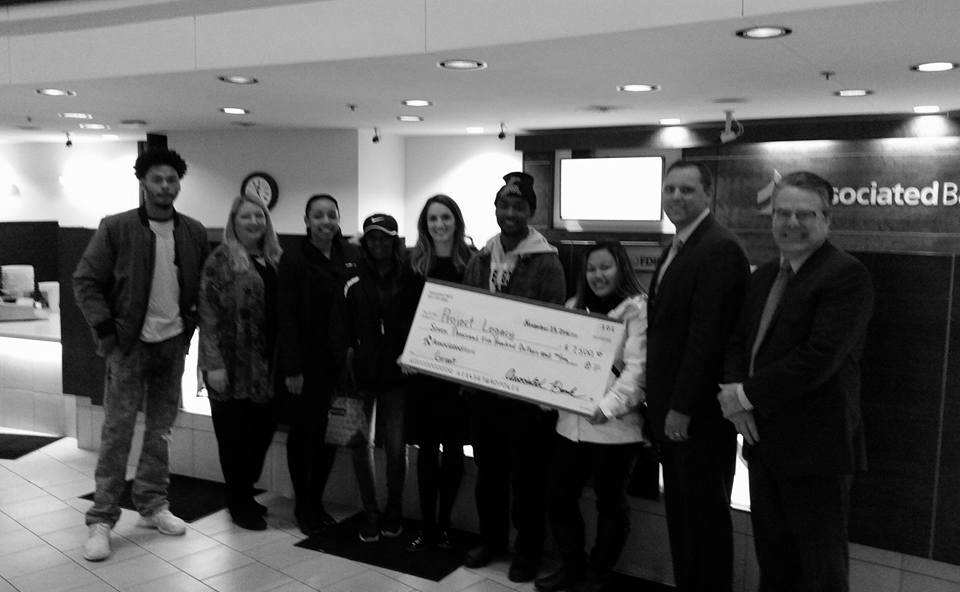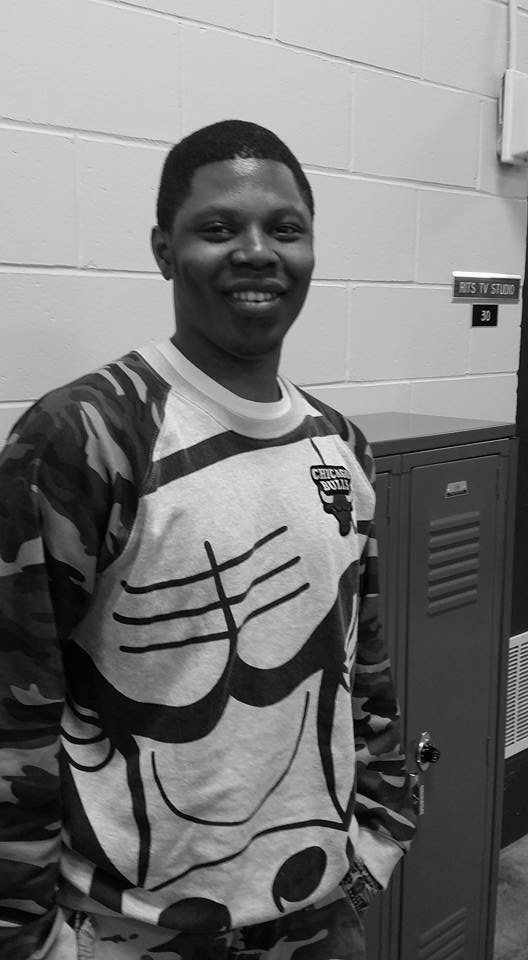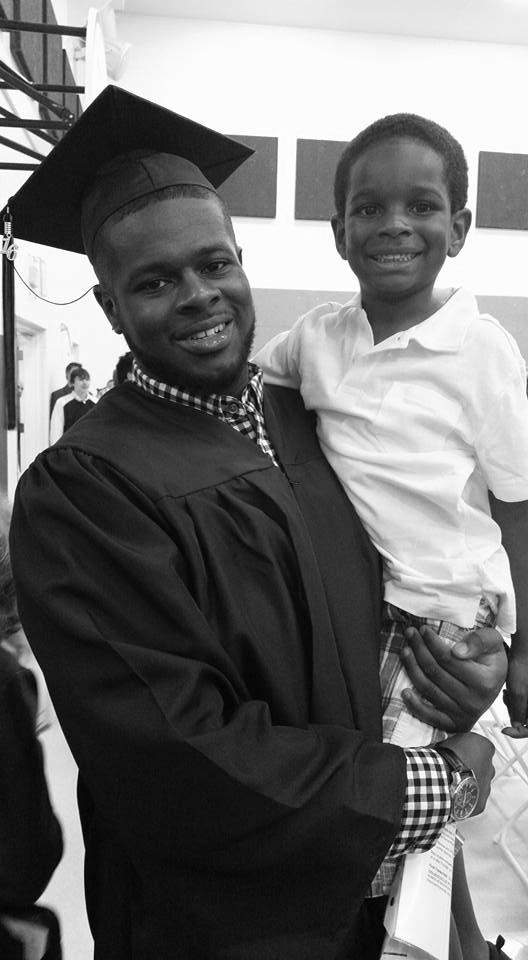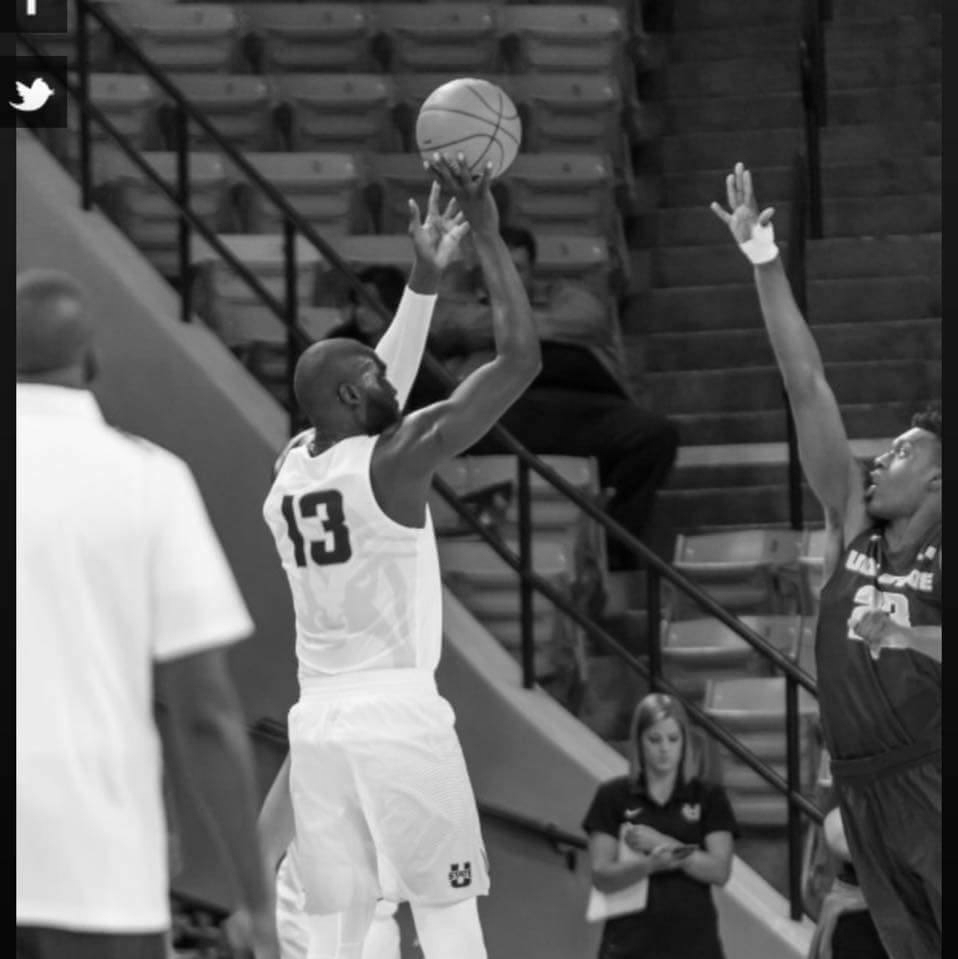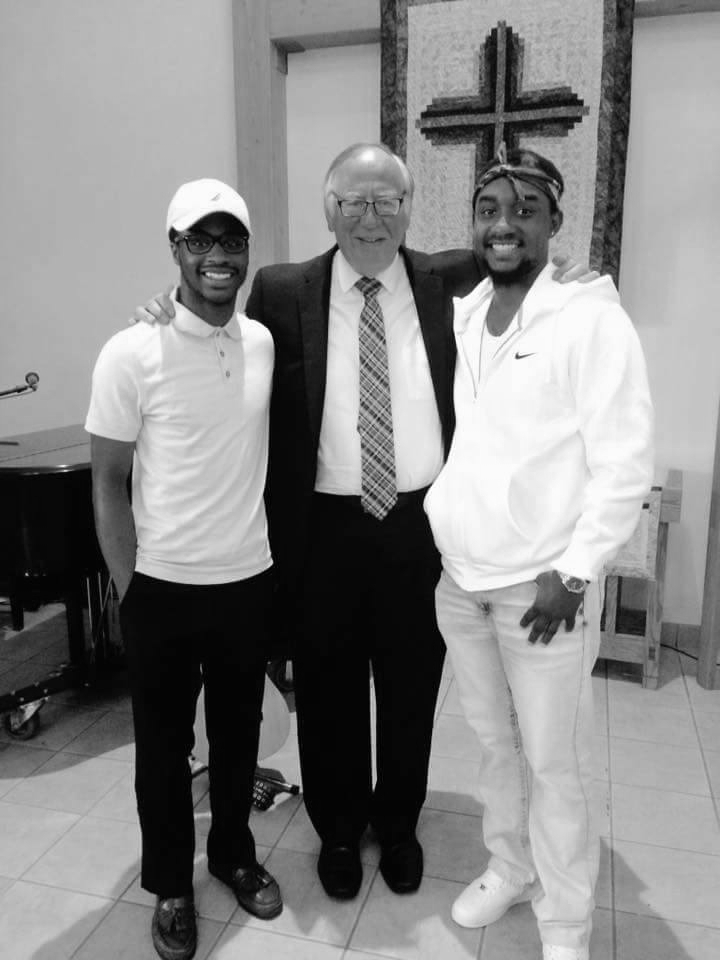About Our Work
Our Mission
To provide hope, connections and support to youth and young adults of color* who may have experienced poverty, trauma, homelessness and sexual exploitation; or who are sex workers, refugees from war-torn countries, or any young person who has not had a positive support system; allowing them to heal from trauma, transform their lives, and become involved members of our community.
*Project Legacy works with young people from underserved communities who have faced multiple barriers and who are motivated and willing to participate in the process of transforming their lives and legacies.
Project Legacy provides all services in a safe and loving environment where kinship, community and belonging are the bedrock of our program.
Our Approach
Project Legacy is unique among other organizations serving former gang members and street involved youth for a number of reasons. We have learned that jobs and education are probably about 70% of what youth need to redirect their lives. The other 30% is a mixture of therapeutic and support services. We require that our youth participate in the development of a positive plan for their future that includes education, career development and therapy to address past trauma. We also require that our youth make a commitment to becoming and remaining drug-free.
In addition to working with gang-affiliated and street-involved youth, we also work with youth who are refugees from war-torn countries or large urban cities. These youth struggle with the lack of a positive support system as well as lack of resources. Tantamount to our approach is our belief that when youth are surrounded with love, affection, kindness and support, they will heal and flourish.
Project Legacy Offers:
Case management that includes access to education, therapy, substance abuse treatment, legal assistance, and job placement services.
Three different Healing Circles each week. These Circles are a mix of support group and group therapy led by trained facilitators and therapists. And we provide all of this in a culturally responsive trauma-informed, therapeutic community setting that also allows them to work on attachment repair and building healthy relationships with co-members who may formerly have been members of rival gangs.
Our Philosophy
Inequities in education, income, property ownership and more. between people of color, particularly African-Americans, and the white majority have their origins in the early history of this country. The notion of the landed gentry denoted more than simply the amount of wealth one possessed; it also conferred rights and privileges and social status. The ability to pass that property on to successive generations ensured those generations could build on that economic foundation and continue to move forward. As long as wealth, power or prestige could be handed down to the next generation, hope and belief in possibilities for the future flourished. This is the power of legacy.
For African-Americans and other people of color, the reality was quite the opposite. Access to opportunities was systematically denied. The likelihood of owning property, let alone passing it down to one’s progeny, was severely limited. It was hard to believe in the possibility of a brighter future when the tools necessary to create that future, were not available. It became harder and harder to hold onto hope with every successive generation, until hope was replaced by despair. The connections, access, legacy paradigm operated from generation to generation for those who began with prestige, privilege, and power. For those denied access to those opportunities, the inequalities of wealth and prosperity continued to widen. Many were trapped in a life of poverty, violence, and hopelessness.
The philosophy of Project Legacy derives from a recognition of the historical context of people of color in this country. It is founded on a belief in the necessity of rekindling a sense of hope and possibilities. In order to accomplish this, the connections, access, legacy paradigm needs to be translated into the reality of life for the youth who are served. In other words, a group of adults who genuinely care and commit to the mission and philosophy of the program must create connections to ideas, information and opportunities. They must advocate on behalf of the youth to guarantee access to those opportunities and resources that support and sustain the belief in the possibility of a positive future. With hope comes a belief in one’s ability to control one’s destiny. Armed with a sense of empowerment, youth will be emotionally and socially prepared to embark on a path to making dreams a reality and thereby creating their own legacy for the future.
Our Team
The work of Project Legacy is done by a tremendous team of talented and dedicated individuals. Additionally, we have a large group of generous volunteers, donors, and supporters.
Karen Light Edmonds
Co-Founder & Executive Director
Karen Light Edmonds has been an advocate and mentor for disenfranchised and street-involved youth for over 30 years. The cornerstone of her work is intensive street work and mentoring which includes unrelenting outreach, high expectations, and unconditional love. In 2008 Karen offered a free Yoga class to 5 fifth grade girls who were referred by their school counselors. Word spread quickly among Rochester young people who were homeless, gang-affiliated, or from gang-affiliated families and living in poverty. Soon Karen was involved with more than 200 children and young people, ages 4-21. Those young people were the seeds of Project Legacy as we know it today. Karen has worked in education and non-profits for more than thirty years.
John Edmonds
Co-Founder
John Edmonds has over 40 years of experience in non-profit and government agencies as a social worker, supervisor, administrator, and educator. He is intimately involved in the issue of disparities as they affect African-Americans. For example, for over 15 years John has been a member of the African-American Disparities Advisory Committee at the State Department of Human Services. Locally, John is an expert on the changing demographics of Rochester, Minnesota. Specifically, he has keen insights on the plight of its invisible immigrants: native born African-Americans who have migrated to Rochester from urban areas in other parts of the country. John has taught undergraduate and graduate social work courses at New York University, the State University of NY, Winona State University, and the University of Minnesota.
Our Staff
Alysha Carlisle
Social Worker and Associate Director
Jolene Young
Legacy Scholars Coordinator
Karen Edmonds
Co-Founder and Executive Director
Sananda McCall
Xitlalli Lopez
Executive Committee
Carole Pasternak, JD, Chair
Klampe Law Firm
Jane Rosenman, MD, Vice-Chair
Mayo Clinic
Lauren Mao, Treasurer
Associated Bank
Chao Mwatela, Secretary
City of Rochester
General Members
John Edmonds, MSW, Co-Founder
Olmsted County
Sky Smith
Winona State University
Malachi Johnson
Rochester Public Schools
Don Baldus, Chair
Retired Teacher, RCTC
Sherri Gilligan, MBA
Mayo Clinic
Jean Locke







